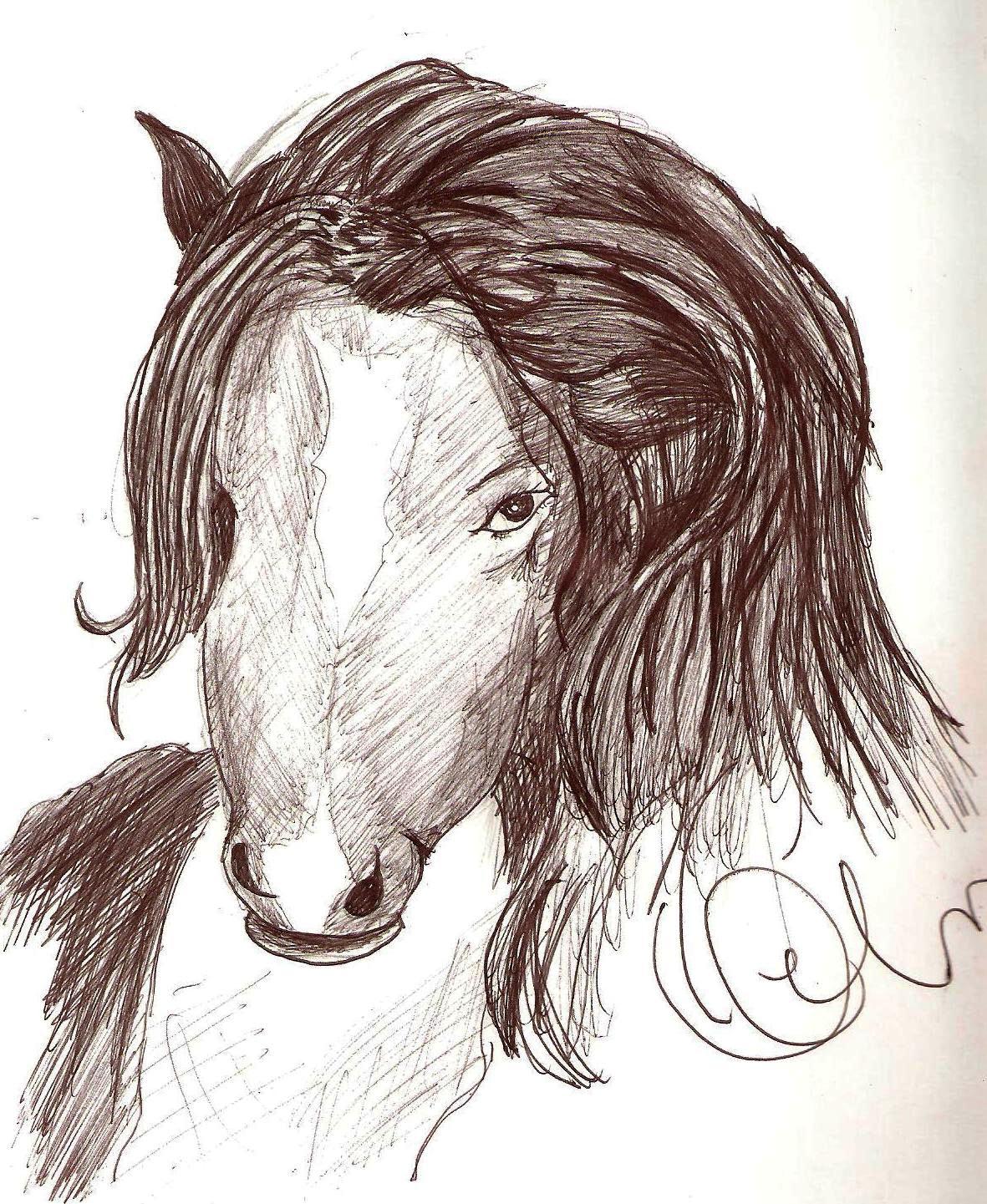
Central American folklore is rich. Each town you visit has stories and legends. Many of the legends from Central America are ancient, with origins in the isthmus’s indigenous populations, like the Maya and Kuna. Some others were brought over by the Spaniards or created by them during colonial times. Kirsten Hubbard, a Central American writer and traveler, has been going to different places collecting and translating stories. Some are terrifying! Some others are stories that try to convince people to behave in a good way according to local, moral guidelines. Here are four stories that I grew up listening to.
The Sihuanaba
The Sihuanaba (as she’s known in Guatemala; she’s called the Ciguanaba in El Salvador, the Cigua in Honduras and the Cegua in Costa Rica) is one of the terrifying ones. She’s a shape-shifting spirit in Central American folklore who has the body of a seductive and attractive woman when seen from the back; long-haired and often naked, or wearing a gauzy white dress. Men come upon her while she’s bathing on dark nights. They don’t see her real face, which is a horse face or human skull, until she’s lured them into danger, or gotten them hopelessly lost. In Guatemala, the Siguanaba usually appears to punish unfaithful men. It is said that she takes them to a solitary place, then shows her face which makes men so scared that they cannot move. She then proceeds to take their soul. Freaky, right? However, it’s likely the legend of the Siguanaba was brought to Central America by the Spanish colonists, in order to scare (and control) the local population.
The Crystal Skulls
The legend of Central America’s crystal skulls was popularized by the 2008 film, Indiana Jones and the Kingdom of the Crystal Skull, the long-awaited addition to the Indiana Jones Trilogy. However, the skulls most definitely exist. They’re replicas of human skulls, carved from transparent quartz crystal; the most famous, the Mitchell-Hedges Crystal Skull, was found in the Lubaantun Mayan ruins of Belize. Mayan legends allude to thirteen skulls in total, each possessing supernatural powers. Some say they serve as hubs of energy, predict the future, or have healing abilities, which is where the legend part comes in.
La Llorona
La Llorona (The Weeping Woman) is another spooky female spirit, widespread throughout Latin America: Puerto Rico, Mexico, the American Southwest, and South and Central America. There are as many versions of the La Llorona story as there are Latin American countries, but the most common tale involves a woman named Maria. She drowned her children so she could be with the man she loved. But he rejected her, so she killed herself. Because of her sins, she’s forced to wander the earth. She makes horrible and loud weeping sounds as she searches for her murdered children. The legend of La Llorona is often told as a cautionary tale to Latin American children and men who stay late at night drinking. If they misbehave, or wander too close to the water at night, La Llorona will steal their soul.
Fun fact: It is said that if you hear her near you it is because she is far away. But if you hear her scream far from you, she might as well be only a meter away from you.
El Cipitío or Duende
El Cipitío is a big-bellied ten-year-old boy found in El Salvadoran folklore, allegedly the son of an illicit romance between the Morning Star (El Lucero de la Mañana) and the Sihuanaba. When the Sihuanaba’s husband discovered the affair, the god Teotl cursed the poor boy to wander the earth forever with his feet pointing backwards. Ever since, when people come across his footprints and try to follow them, they’re led in the wrong direction. According to legend, El Cipitío wears a massive sombrero and is generally a playful, mischievous spirit, not an evil one.
